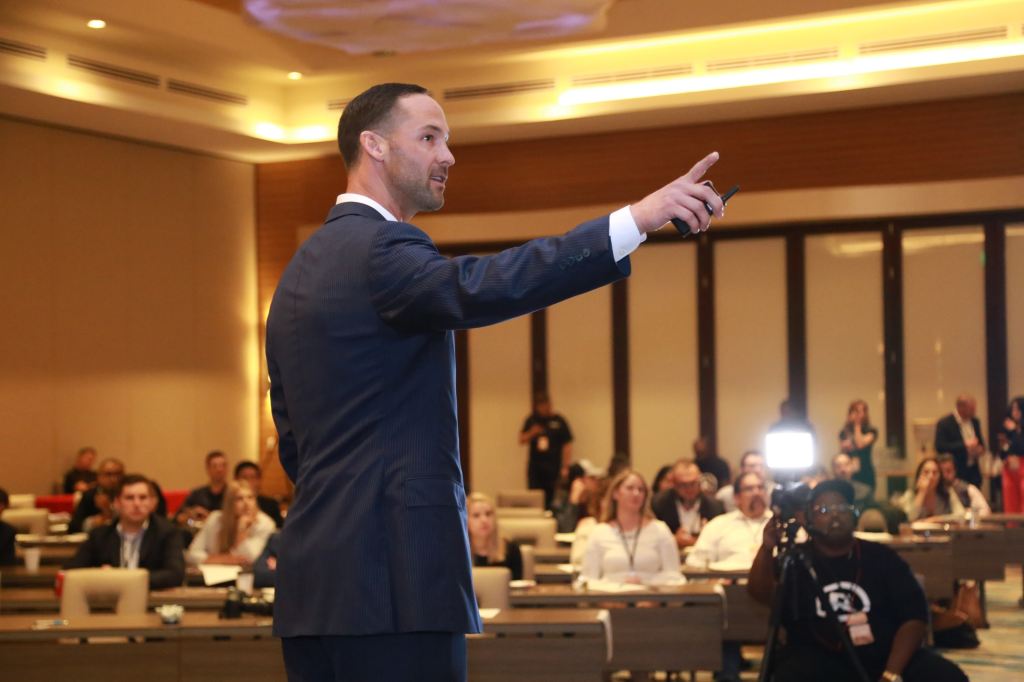
This week’s readings:
- Acts 2:1–11
- Psalm 104:1, 24, 29–30, 31, 34
- Galatians 5:16–25
- Pentecost Sequence
- John 15:26–27; 16:12–15
What this week’s readings say to me:
What stands out to me about the first reading Pentecost is that the Spirit first draws Jesus’ earliest followers together for prayer. Then it pours gifts on each member of the group. These gifts prepare each person receiving them to share the gifts of the Spirit with other individuals. The Spirit gathers people together to set them apart, to prepare each of them to work with others and to do work that only each one of them can do.
The psalm recognizes that every resource and everything that lives is the work of the Spirit. Nothing exists without the Holy Spirit, though the work of this Spirit can be corrupted by other spirits that tempt us to actions that the Holy Spirit must work around instead of with.
The third reading, the epistle, reminds us that what we do says a lot about which spirit has the upper hand within us. The Holy Spirit is unselfishness in all its forms. It isn’t divisive, but the spirits, attitudes, and actions that oppose it are. The passage also tells us that the Holy Spirit can’t be contained. When we become vessels for it, it fills us up and spills out of us, sharing its fruits with the next person and then the next one and with the tasks we’ve been given. Come to think of it, the first reading also teaches the same lesson.
The Gospel passage reminds us that the Holy Spirit comes from God to dwell within us and among us because Jesus Christ is one of us and lives in union with the Holy Spirit and the Father, which are the active life force and its Source. Christ shares the Spirit with us so that we can live as children of God now and forever and continue to grow in our knowledge and experience of what it means to be children of God.
What someone else is sharing about this week’s readings:
This week’s readings help Maureen O’Connell reflect on what it means to be “a people” and by being “a people,” to evangelize. She also applies the Pentecost Sequence to our present moment in a powerful way.
Beyond this week’s readings:
Almost a year ago, in celebration of Pentecost, I linked to a musical adaptation of the Pentecost Sequence. It’s called “Come Holy Spirit.” Its music is composed and performed by John Michael Talbot. I find this music in these lyrics helpful for letting the words of the sequence sink in. Taking a look at one or the other of the sources linked in this section adds its context to the adaptation of the sequence included in Maureen O’Connell’s reflection.
This week’s prayer:
May my life reflect the fruits of the Holy Spirit: “love, joy, peace, patience, kindness, generosity, faithfulness, gentleness, self-control” (Gal 5:22-23). through the Father, the Son, and the Holy Spirit. Amen.
Work cited (but not linked to)
The New American Bible Revised Edition, Kindle edition, Fairbrother, 2011.







